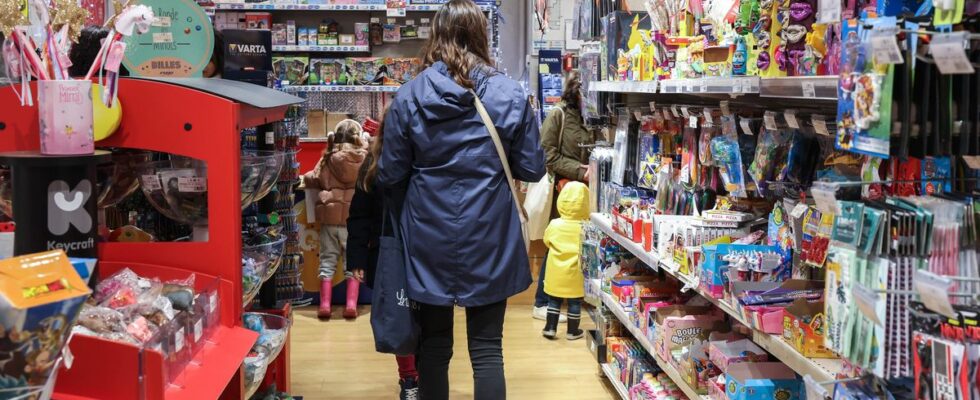“Little Santa Claus, when you come down from the sky, with your presents by the thousands, don’t forget those already used”. In 2022, the second hand is no longer a mystery. Expect a 12% increase in global turnover per year, according to a study by the Boston Consulting Group and Vestiaire Collective. Seven out of 10 French people buy second-hand clothes, and Vinted was, in 2021, the second favorite e-commerce site in the country. But the trend seems less heavy on the occasion of Christmas, and we find under the tree an overwhelming majority of new gifts.
This is what emerges from an exclusive OpinionWay* survey for 20 minutes carried out with its #MoiJeune community, regularly asked about current events. Two-thirds (69%) of young people aged 18 to 30 surveyed have never given a second-hand gift at Christmas, even though 78% of them say they are “ready to do so” and 71% believe that ” That’s a great idea “. The image and the intention are therefore there, not yet the acts. “There is undoubtedly a taboo still a little pregnant at Christmas, but I believe that the trend will gradually become more democratic”, estimates Dominique Desjeux, anthropologist specializing in consumption. He cites the opposite example, people reselling their gifts: “More and more young people are doing it, and the gesture has become commonplace”. Thus, 66% of young people questioned find it positive and normal to resell a gift that they do not like.
A not-so-obvious thought
The effect should therefore end up being the same for purchases, according to the specialist: “There is a desacralization of the Christmas gift, already visible with resale. Make way for efficiency: The two reasons highlighted in our survey for buying second-hand for the holidays are a lower price (69%) and less impact on the planet (67%). “Purchasing power and ecology are two sources of major concern among young people, it is not surprising to find them there”, abounds Dominique Desjeux.
What is missing then for those who have not taken the plunge? Just think about it! Yes, when asked about the reasons for not buying second-hand for Christmas, 46% simply answer: “I don’t think about it”. Other reasons cited, “I’m afraid of the person’s reaction” (34%) and “It’s not as good as a new gift” (28%). Moreover, young people are torn over the fact of being taken for a stingy by buying second-hand at Christmas: 50% fear it, 50% not.
Well-chosen gifts
All things not necessarily being equal, we do not offer just any second-hand item to just anyone either. Among young people, it is friends (75%), parents (73%) and spouse (68%) for whom respondents are most ready to give this type of gift. On the contrary, more distant people, such as grandparents (58%) or a family member rarely seen (41%), are less in the target. Dominique Desjeux: “With the fear of judgement, it makes sense to prefer to make second-hand purchases from people close to us or from our generation, who are both more understanding and more aware of our affection”.
As far as the type of gifts is concerned, make way for the impersonal. Cultural goods such as games, books or records are acclaimed, at 84%. Clothing and accessories (35%) or luxury products such as bags or jewelery (34%) are much less popular as second-hand gifts. New opportunity for Dominique Desjeux to place symmetry with post-Réveillon resale: “People will always prefer to part with something with little value, emotional or financial. There is less guilt and less sense of loss. It’s the same for purchases: the more the object is ”cold” and impersonal, the more the fact of taking it second-hand seems ultimately to reduce its final value. “Come on, not too much pressure either, all TV movies will have taught you: the best gift at Christmas is to be together.

